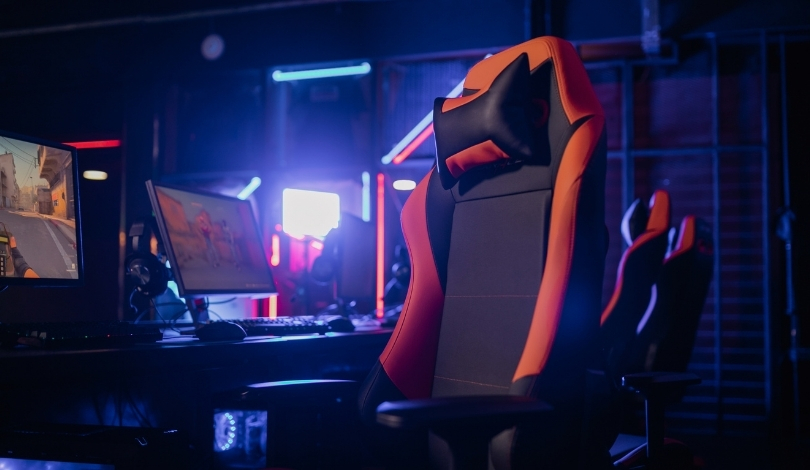In a move that has stirred the gaming community, TeamKill Media announced it will not release its upcoming title, Code Violet, on PC platforms. This decision marks a significant stance against the modding practices prevalent in the PC gaming scene. While PC ports often enhance accessibility and player experiences, TeamKill Media prioritizes maintaining the integrity of their game’s content over potential market expansion.
Historically, developers have navigated the complexities of modding with varying approaches. Previous instances, such as the cautious stance by Final Fantasy directors on mod content, illustrate a pattern where creators seek to protect their artistic vision from alterations that may undermine their work. TeamKill Media’s decision aligns with these past actions, emphasizing a consistent effort to control how their characters and story are portrayed.
Why TeamKill Media Avoids the PC Platform?
TeamKill Media expressed concerns over the potential for offensive and inappropriate mods affecting Code Violet’s characters.
“We do not want anyone modding vulgar versions of the main characters as well as other characters in the game,”
the company stated. This apprehension highlights the challenges developers face in preserving their original content against unsolicited modifications.
What Has the Community Reacted?
The announcement has received mixed reactions. Some community members support TeamKill Media’s decision, valuing the protection of creative integrity. However, others criticize the move as limiting player freedom. Indie developer Ian Fisch commented, “If someone buys my game, it’s theirs to do what they want with,” reflecting a viewpoint that champions modding as a core aspect of PC gaming.
Will This Impact TeamKill Media’s Reputation?
There are concerns about potential backlash. Content creators like GmanLives argue that such decisions might deter players from engaging with the game. Despite this, TeamKill Media maintains its position, asserting that safeguarding their voice actors and artistic vision outweighs the benefits of a PC release. The prevailing sentiment remains divided, indicating that the long-term impact on the developer’s reputation is yet to be fully determined.
Protecting creative works from unauthorized modifications is a recurring issue in the gaming industry. TeamKill Media’s proactive approach to prevent offensive content reflects a broader trend of developers seeking greater control over their IPs. While this may resonate with creators who prioritize their artistic integrity, it challenges the traditional PC gaming culture that thrives on customization and community-driven enhancements.
Balancing the benefits of PC portability with the risks of content manipulation remains a delicate task for developers. TeamKill Media’s decision underscores the importance of maintaining the original narrative and character portrayal, even at the expense of reaching a broader audience. This approach invites ongoing debate about the future of game modding and developer autonomy in a landscape increasingly defined by player-driven content.










